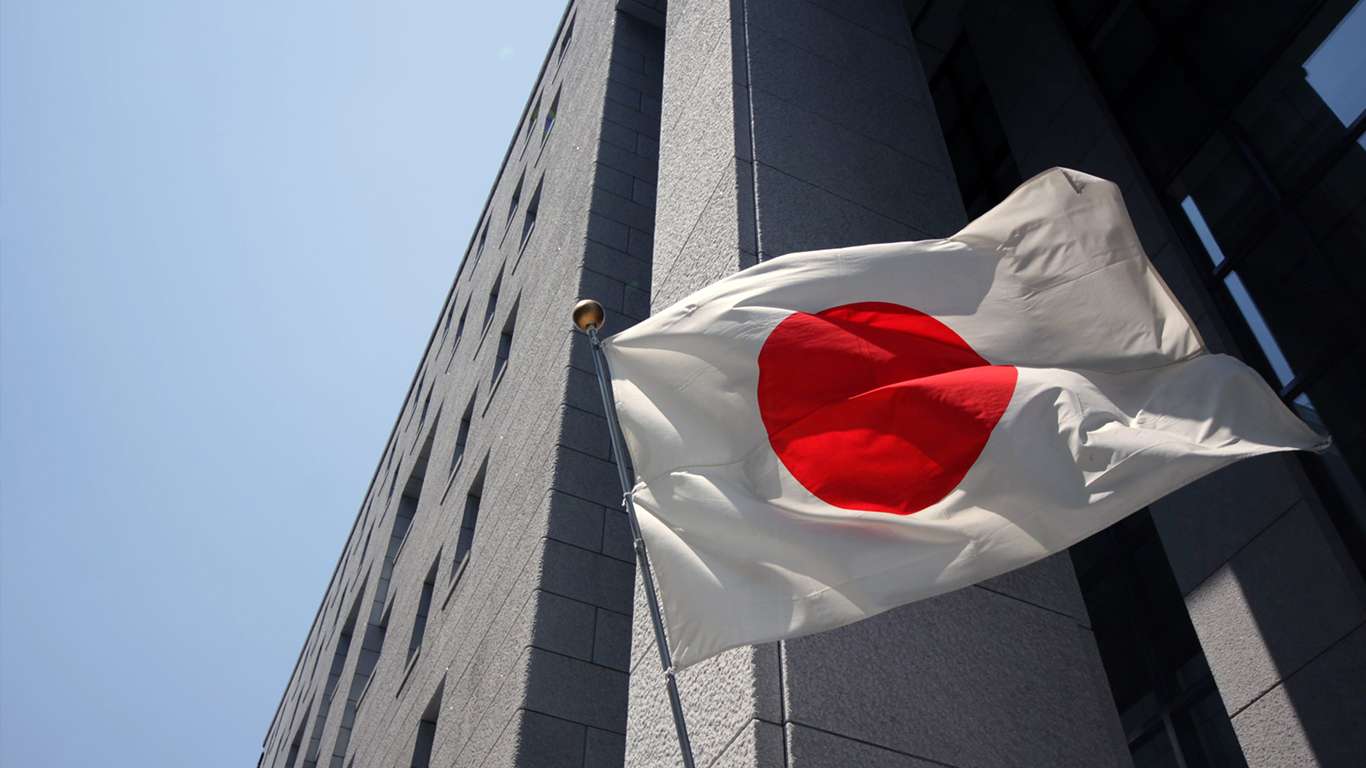The law encapsulates that stablecoins must be pegged to yen or other legal tender. The rules come under the five-year plan laid by Japan to protect investors dealing with cryptocurrencies. As per the bill, stablecoin issuers must now guarantee holders redemption at face value.
Even though the bill follows the startling collapse of the much-hyped algorithmic stablecoin TerraUSD, once valued at more than $40bn, it was first announced in December 2021 by Japan’s Financial Services Agency (FSA).
A stablecoin is a cryptocurrency whose value is pegged to a fiat currency, like the US dollar or any other form of asset, like gold. The primary purpose of stablecoins is to reduce the volatility of other cryptocurrencies such as Bitcoin and Ethereum. A single unit of Tether – the most popular stablecoin – is valued at $1 and can be held for prolonged periods like regular currency. They are also used for trading other cryptocurrencies.
Following the implosion of the LUNA token, algorithmically linked to TerraUSD, stablecoins have come under a lot of scrutinies and increased regulatory concerns. Several retail investors were devastated after losing life savings due to the collapse, resulting in over $6 billion in losses. Currently, the stablecoin market is valued at just over $150 billion.
Under the new laws – which come into effect in 2023 – the issuance of stablecoins is confined to licensed banks, registered money transfer agents, and trust companies. The FSA will further clarify the guidelines on issuing stablecoins in the coming months.
Japan has been one of the early adopters and supporters of Bitcoin and cryptocurrencies. The FSA had in 2017 pushed for Bitcoin to be formalized as a currency. Soon afterwards, it emerged as the first country to offer licenses for operating crypto exchanges to interested parties.
Prior to the bill’s approval, Mitsubishi UFJ Trust and Banking Corp had expressed interest in issuing Progmat Coin, a stablecoin. The Tokyo-headquartered bank intends to back the stablecoin with Yen reserves.
The country has strict regulations when it comes to stablecoins. An average investor in Japan isn’t allowed to purchase even the most popular stablecoins, such as USDT or USDC, easily available in most other countries.
However, the bill doesn’t address the status of current asset-backed mainstream stablecoins issued by foreign institutions. It also leaves out the operational ambit of algorithmic stablecoins.
Experts believe Japan’s landmark bill could be the start of similar sort of regulations in other countries. Any asset that poses a systemic risk to the financial system should be strictly regulated. Meanwhile, the lines remain blurry between regulations and the extent of decentralization.








